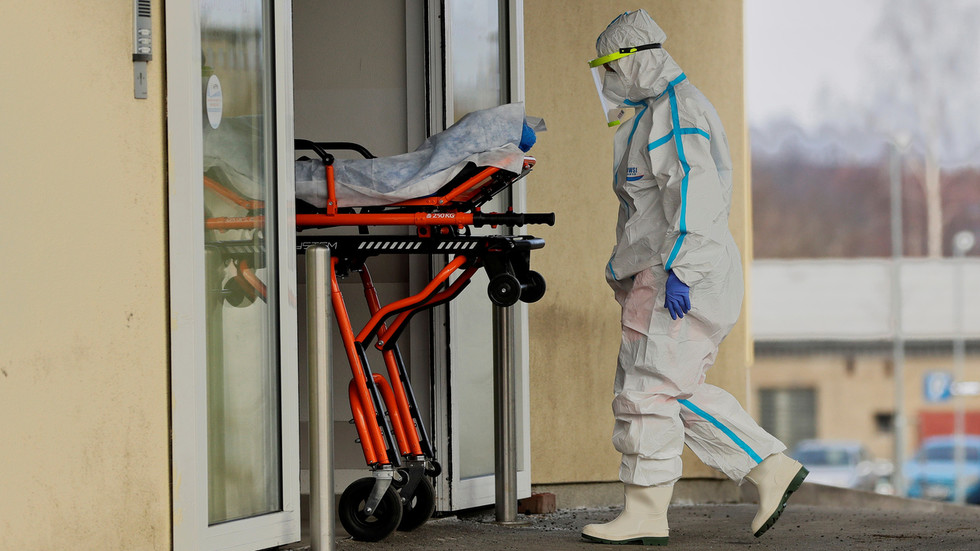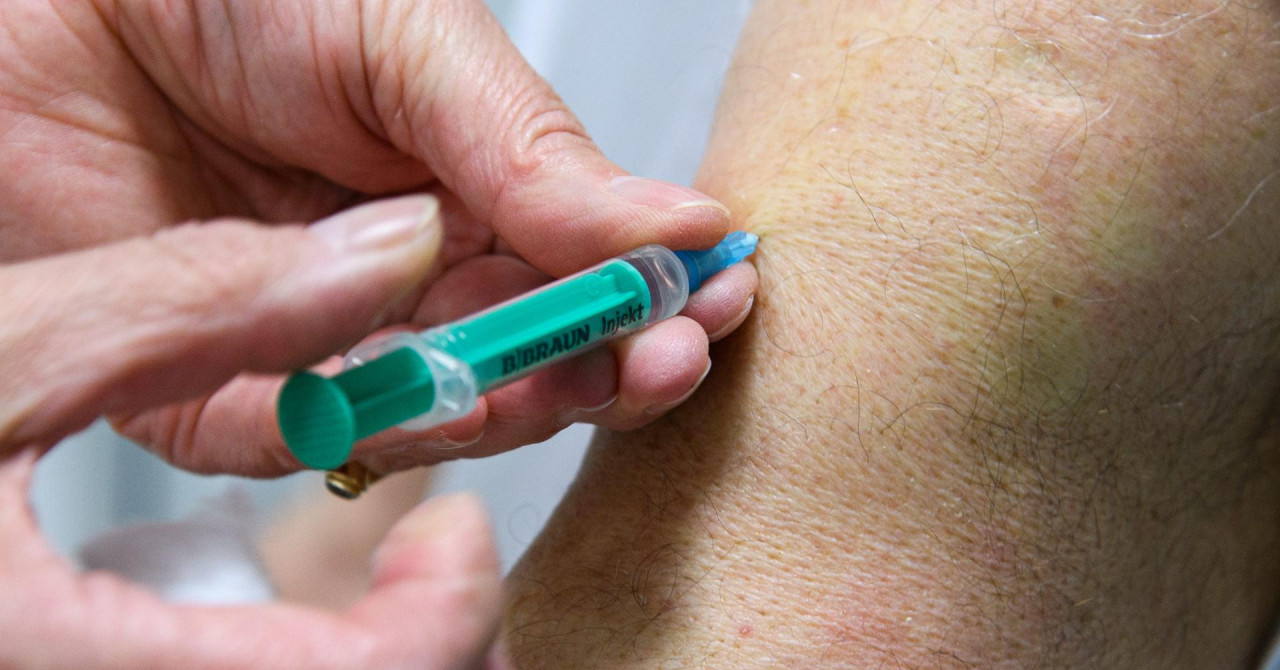From Development to Approval At the end of November, it was revealed that the Oxford Vaccine Group had conducted the clinical trial showing its vaccine for COVID-19 had an efficacy of 90 per cent e…

architectsforsocialhousing.co.uk
In November, Pfizer claimed their vaccine was
‘95 per cent effective’, and applied to the FDA for its
Emergency Use Authorisation, which requires less data than standard approvals and is issued based on a lower standard of proof.
95 per cent efficacy, however,
does not mean that 95 out of every 100 people vaccinated will be protected from COVID-19. Pfizer conducted their
clinical trial on nearly 38,000 people, took those who showed symptoms of COVID-19 within a week after the second dose, and tested them for SARS-CoV-2 to confirm the diagnosis. Out of these, 172 testing positive had received a placebo shot, while just 9 had received the BioNTech vaccine. Although
the percentage of volunteers who fell sick was tiny in both the vaccinated and placebo groups (0.04% and o.83% respectively), the relative difference between them was calculated as the vaccine’s ‘efficacy’.
If there was no difference between them its efficacy would be zero; if none of the people falling sick had been vaccinated, the efficacy would be 100 per cent. In contrast, the actual effectiveness of the vaccine in real-world circumstances is very different from its efficacy rating calculated from such clinical trials. As the AstraZeneca trial of people exclusively under the age of 55 revealed, volunteers are likely to constitute a very different demographic from the people who, because of age or infirmity, are likely to need the vaccine. In the Pfizer trial, 42 per cent were over 55, and 20 per cent had at least one co-morbidity. In contrast, among the 41,600
deaths in hospitals in England attributed to COVID-19, 92 per cent were over 59 and over 95 per cent had co-morbidities.
Not only that, but after the first dose was administered, the difference between those given the vaccine and those given a placebo was far lower, with 50 ‘cases’ of COVID-19 in the former and 275 in the latter, which reduced the efficacy of the vaccine to 82 per cent. Between the first and second dose the difference was even smaller again, 39 to 82, resulting in a vaccine efficacy of just 52 per cent.













